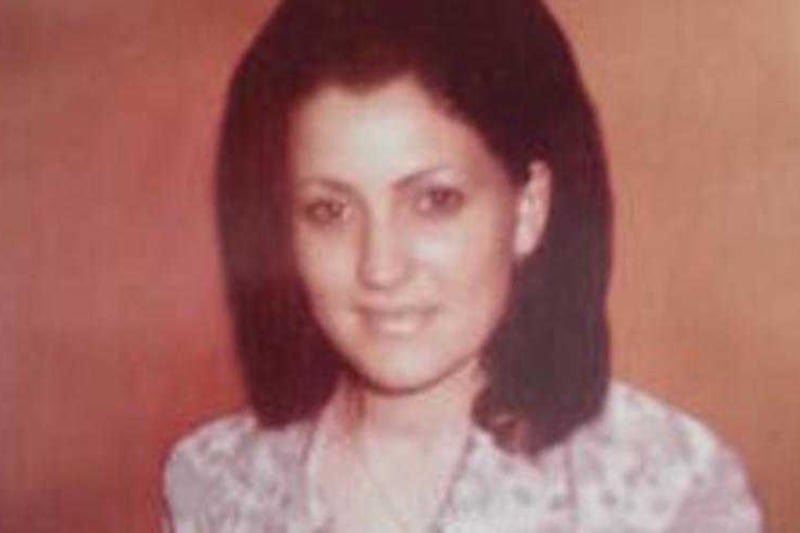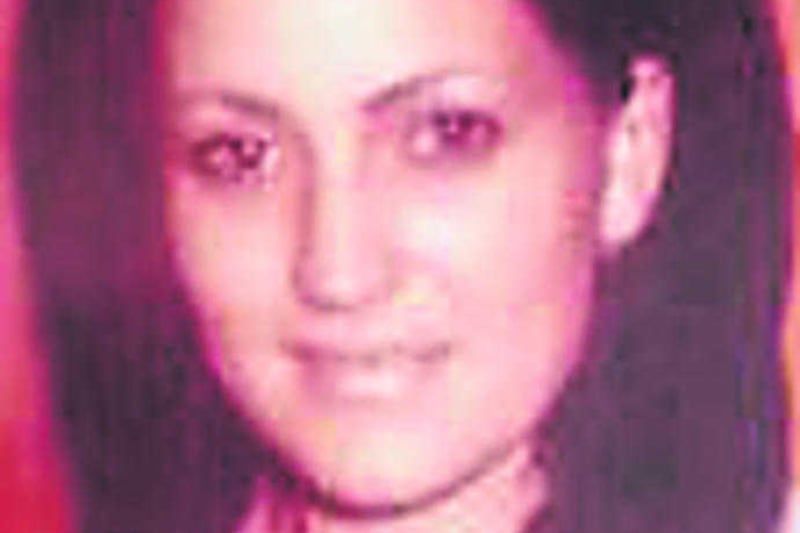A SISTER of Jean Smyth Campbell has spoken of the devastation caused by her death.
The 24-year-old was gunned down in west Belfast 48 years ago today as she travelled home from a night out.
For years her family believed the IRA was responsible for the shooting at a bus terminus on Glen Road in west Belfast.
However, documents uncovered by Ciaran MacAirt, of research charity Paper Trail, later revealed that the British army's Military Reaction Force (MRF) fired shots in the area on the same night the mother-of-one was killed.
The MRF was set up in 1971 as a counter-insurgency unit and is believed to have been involved in the murders of several innocent Catholics before it was later dissolved.
The Irish News understands republicans have previously confirmed they were not in the area at the time of the killing.
The young mother's sister Margaret McQuillan, who was aged 12 when her sibling was killed, described her as “a lovely girl”.
“She was beautiful and just had a personality to match that,” she said.
“She was an awful good girl to my mummy and daddy and awful good to us.”
Jean left behind her six-year-old daughter Sharon, who now lives in Australia, when she was killed.
“She loved that wee girl but did not get the right to rear her, her life was taken away too soon,” Ms McQuillan said.
She spoke of the devastating impact Jean's death had on her family.
“In those days there was shooting and murder and everybody was told to get on with it,” she said.
“Our household was very sad.”
She added that the shooting “destroyed and traumatised the whole family” and told how her mother used to stand at a window waiting on her daughter to return home while her father never spoke about Jean's death.
“I'm sad that mum was not here, she used to say 'nobody ever told me what happened to my wee girl',” she said.
The family's grief was compounded by the fact that Jean had a closed coffin.
“She came home in a box with a lid on it,” she said.
“That was hard because you thought 'is she really in there?'.”
“For years we thought the IRA done it but we didn't know what happened, there were so many different questions around her death, about what happened.”
Ms McQuillan said that her family was “devastated” to learn that new documents had been discovered potentially linking the MRF to her sister's killing.
“We needed it explained in full and I would say it took us six months to get our heads around this,” she said.
“Then when we did, we got angry.”
Last year a court ruled that the the PSNI's former chief constable George Hamilton had not demonstrated that the Legacy Investigation Branch had the practical independence to investigate the killing.
Operation Kenova head Jon Boutcher was later appointed to take on the investigation.
Ms McQuillan said the probe is the family's best chance of getting answers.
“It's very important, it will put closure on Jean's death and bring justice and truth to the family and I think Jean deserves that and we deserve that.”
The family’s legal representative, Niall Ó Murchú, of Kinnear & Co Solictors said: “Obviously its vitally important that anyone who can help comes forward.
“Jean’s family have fought bravely and with great dignity since the British army documents claiming the murder were found in 2014.
“We would ask that anyone with information should feel free to contact ourselves on behalf of the family.”







